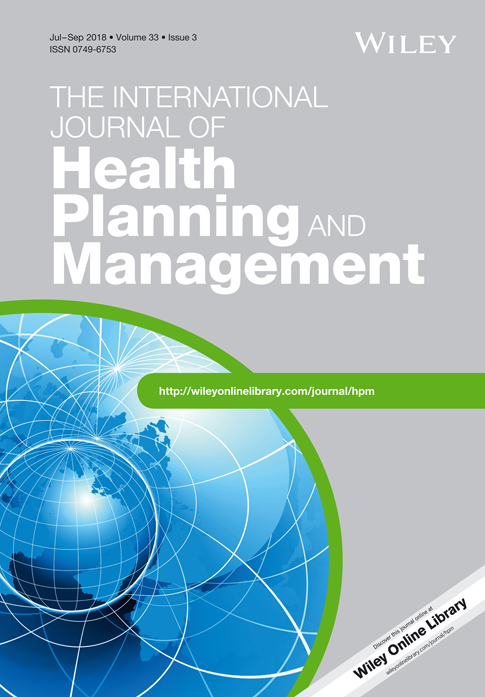Impact of school health management committees on health services delivery in Ghana: A national level assessment
Summary
Objectives
To examine the prevalence, determinants, and impact of local school health management committees on implementation of minimum-recommended school health services delivery among basic and secondary schools in Ghana.
Methods
National level cross-sectional data from the first-ever assessment of Ghana Global-School Health Policies and Practices Survey was utilized. Complex sample analyses were used to quantify school-level implementation of recommended minimum package for health services delivery.
Results
Of 307 schools, 98% were basic and government run, and 33% offered at least half of the recommended health service delivery areas measured. Schools with a school health management committee (53%) were 4.8 (95% CI = 3.23–5.18) times as likely to offer at least 50% of the minimum health services package than schools that did not.
Conclusions
There is significant deficit concerning delivery of school health services in schools across Ghana. However, school health management committees positively impact implementation of health service delivery.
Policy implications
School health management committees provide a significant impact on delivery of school health services; thus, it is recommended that policy makers and programmers place greater emphasis on the value and need for these advisory boards in all Ghanaian schools.




